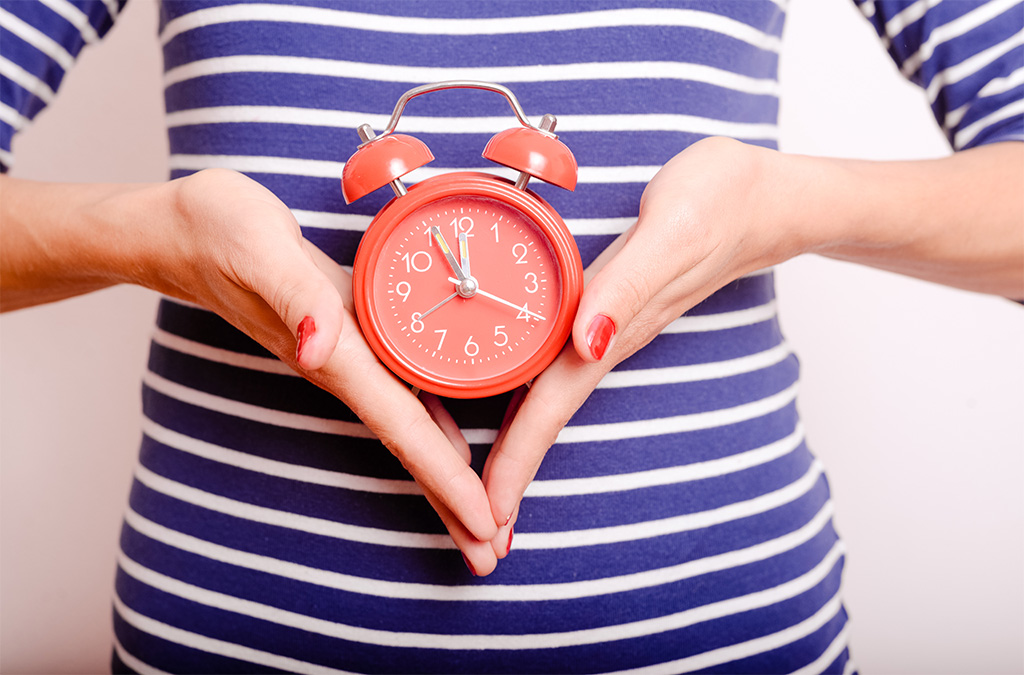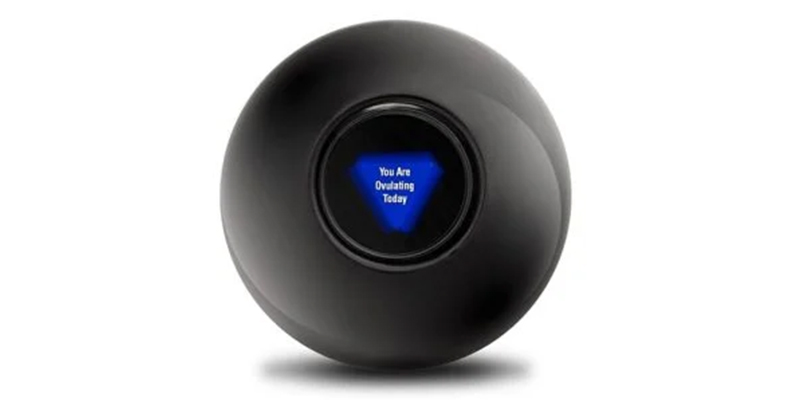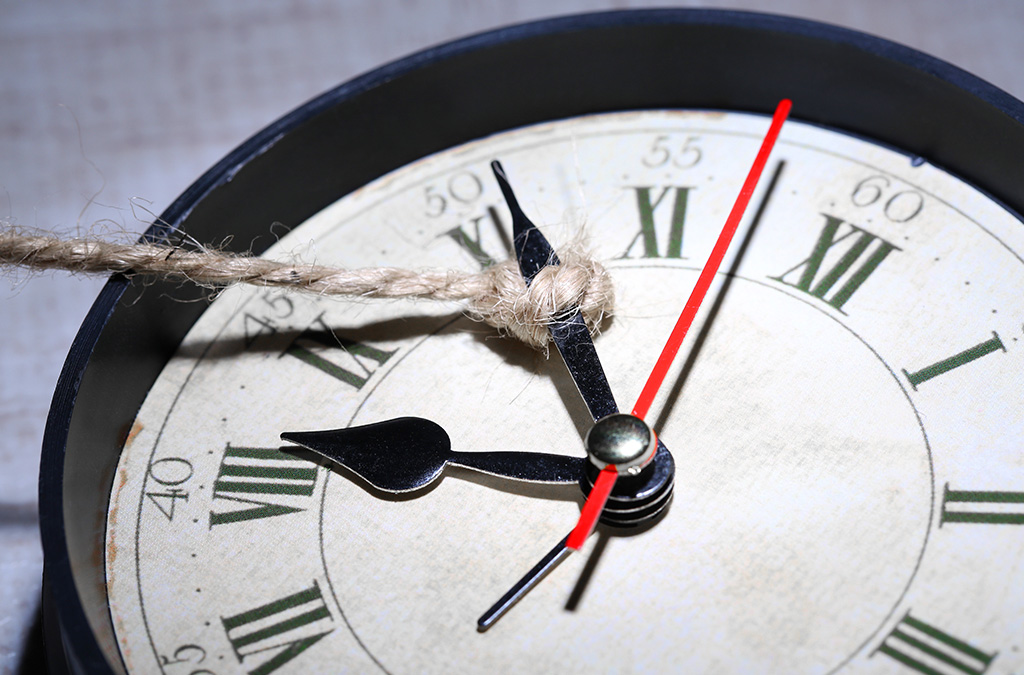
Feb 25, 2014 | Assisted Reproductive Technology, Blog, Fertility in Women
One of the gender differences in human reproduction is that men make new sperm continuously throughout their lives and women make all of their eggs before they are born. Men are capable of conceiving children late in life while women usually exhaust their supply of...

Feb 14, 2014 | Blog, Egg Donation and Donors, In-Vitro Fertilization
If you have decided to use in vitro fertilization (IVF) to conceive a child, you can use your own eggs or the eggs of a donor. Because egg quality declines as you age, using donor eggs is especially helpful for older women with low egg number, women who are not...

Jan 7, 2014 | Blog, Fertility Preservation
Even if you’re not ready to have a baby right now, you may want to consider beginning the planning process now. Although age is one of the biggest factors determining whether you will be able to conceive a child, there are a number of things that you can do now...

Oct 14, 2013 | Assisted Reproductive Technology, Blog, Fertility in Women
If you are a woman with regular monthly menstrual cycles, an ovulation predictor test can give you an idea of when you are likely to be most fertile. If you have infrequent periods, or have not had any periods at all for an extended period of time, you are...

Oct 1, 2013 | Blog, Fertility Preservation
Age-related infertility may seem far-off, but preserving fertility is something that you should think about when you’re young, whether or not you have definite plans to have children. The age-related decline in fertility is a natural part of a woman’s life cycle that...
Sep 23, 2013 | Blog, Egg Donation and Donors, Fertility in Women
Deciding when to have a family is an important personal decision, and more women today are waiting until later in life to begin their families. One consequence of waiting is the normal age-related decline in the number and quality of eggs available in a woman’s...






